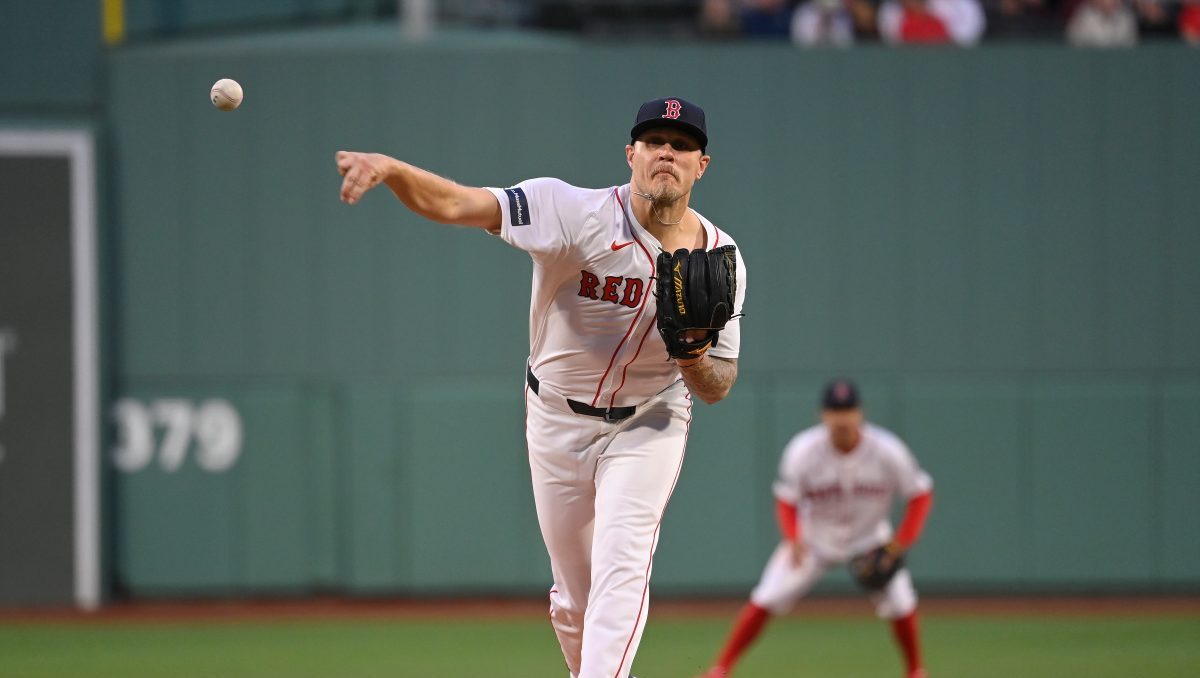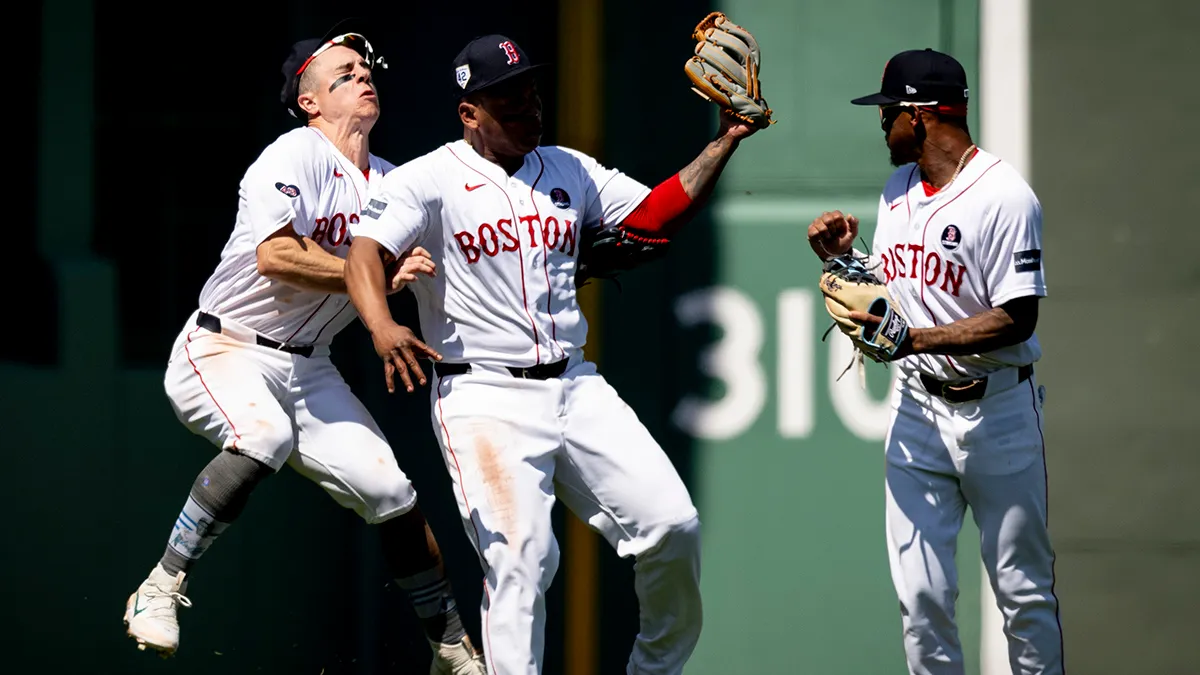Baseball players may make more in a year than many of us will see in a lifetime, but at the end of the day, they're still labor, like you and me.
And when management, from the safety of its yachts and mansions, asks labor to assume all physical risk in a pandemic, then management should recognize that the tradeoff will be financial.
Baseball's owners, however, don't see it that way.
They want players to return to an inevitably unsafe work environment, and they want the option to reduce pay by asking them to share the financial risk while completely owning the health one.
Get the latest news and analysis on all of your teams from NBC Sports Boston by downloading the My Teams App
If that sounds like a deal you'd be willing to make, then welcome to management.
But it should and will be a non-starter for the players, who are already being painted as greedy even though the owners made a proposal they knew would be DOA. It reads like a sleazy attempt to land the first punch in a PR skirmish, or even worse, a craven attempt to use the crisis as a means of exerting leverage over the next CBA negotiation after the 2021 season.
Boston Red Sox
If commissioner Rob Manfred thought the game's potential return should start with billionaires fighting millionaires over money, then maybe he should take an unpaid internship with Adam Silver and the NBA, which crafts proposals with player input in what feels like an actual partnership.
Baseball screwing up its return feels sadly predictable, but common sense says this quarrel won't result in the cancellation of the 2020 season. There's too much at stake for both sides.
They'll instead needlessly bloody themselves while (a) owners fight to install a revenue-sharing model they hope is the precursor to the salary cap they've long desired, and (b) players demand what was promised to them when the sides reached a fleetingly acrimony-free deal in March — a prorated portion of their 2020 salaries, or a pot of $170 million if there's no season.
Because games will be played without fans, owners want players to share in the pain of that lost revenue, estimated at about 40 percent of the roughly $10.7 billion the sport clears on an annual basis, per Forbes. Players can rightly counter that they don't ask to share in excess revenue during boom times, so why should they take less now when they've already agreed to a 50 percent pay cut?
But arguing about money frames the issue in a light that's favorable to ownership, which has successfully portrayed the players as greedy since Abner Doubleday laid out his first diamond. As many players have noted, health concerns dominate their thinking as much as monetary ones. Nationals closer Sean Doolittle voiced a number of objections in a lengthy Twitter thread on Monday.
"It feels like we've zoomed past the most important aspect of any MLB restart plan: health protections for players, families, staff, stadium workers and the workforce it would require to resume a season," he wrote.
Doolittle's wife is asthmatic and he worries about exposing her to the novel coronavirus. The same goes for older stadium workers, umpires, and coaches. How does a league ethically acquire enough tests to ensure player safety without taking them away from essential workers? Should players be expected to live with the potential long-term consequences of even a mild infection, since there's so much we don't know about the virus?
"We want to play," Doolittle wrote. "And we want everyone to stay safe."
Red Sox right-hander Collin McHugh echoed those sentiments in a podcast with MassLive, Red Sox outfielder Alex Verdugo admitted being on the fence about returning in a conference call with reporters, and former Red Sox left-hander Andrew Miller told ESPN that while players are willing to do almost anything to return, "that's totally secondary to the health of the players."
"We are generally younger and healthier, but that doesn't mean our staff is, that doesn't mean the umpires are going to be in the clear," Miller added. "It's not hard to get one degree of separation away from players who have kids who may have conditions, or other family members that live with them. I'm confident before anything happens, we'll sort through all those issues."
It would be refreshing if the two sides focused their energy on these legitimate concerns, especially after agreeing to a workable financial framework in March.
But instead the owners have made this about money, which is the last thing anyone in America wants to hear as millions struggle with diminished hours, reduced pay, and unemployment. It's frankly infuriating.
Imagine being positioned to restore some joy in these miserable times, but squandering it to squabble over a couple of extra zeroes.


